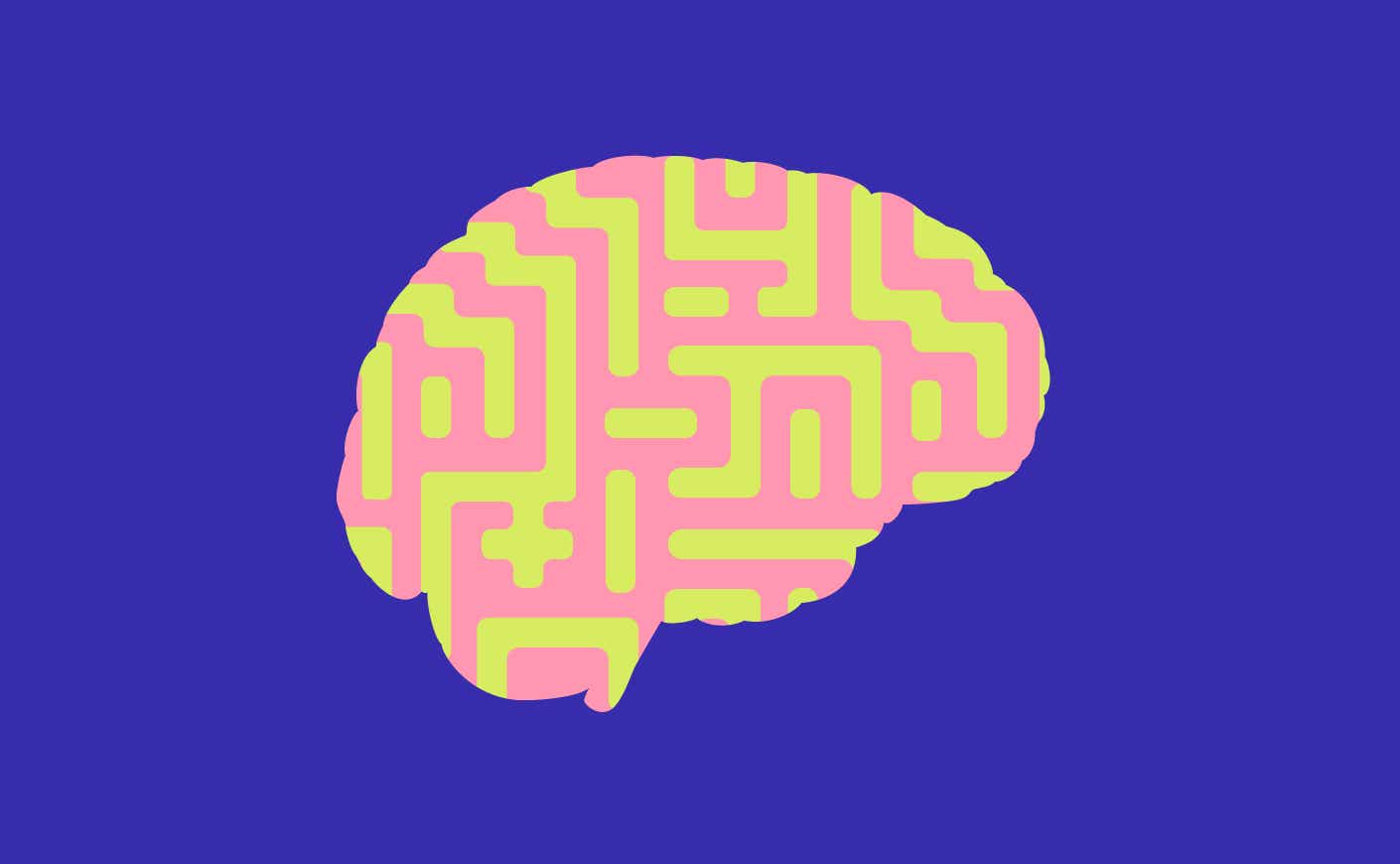We all know the benefits of physical fitness, but exercising your brain has some serious benefits as well. It’s true, being stronger mentally can sharpen your mind, but it can also improve your overall health.
In fact, certain memory training exercises can increase “fluid intelligence,” or the ability to reason and solve new problems, according to a study in the Proceedings of the National Academy of Sciences. Plus, the Alzheimer’s Association found that keeping your brain active increases its vitality.
But don’t worry, incorporating a brain fitness routine into your life doesn’t have to cost a lot of money or take a lot of time. We turned to psychologists Emily Anhalt, PsyD, and Jacinta Jimenez, PsyD, to break down what you need to know and how you can get started.
First, what is mental fitness?
Mental fitness means taking care of your emotional, psychological, and social well-being. Both Dr. Anhalt and Dr. Jimenez like to think of it as physical fitness but for our minds. Just like how our bodies require regular exercise and checkups, our minds need that upkeep as well.
“Our mind is a useful tool and our brains have this unprecedented capacity to process and analyze information, but like anything that’s high performance, the mind also needs regular upkeep and maintenance,” explains Dr. Jimenez, who's the vice president of coach innovation at the mental health platform, BetterUp.
It’s also generally broken down into seven components: self-awareness, empathy, mindfulness, curiosity, playfulness, resilience, and communication. Self-compassion is another key element, according to Dr. Jimenez. “I’m really impressed with humanity’s resilience,” she tells us. “It's okay to be struggling right now — you're not alone in it.”
What are the benefits of mental fitness?
Exercising your brain has a lot of upsides: increased cognitive function, boosted positive emotions, more confidence, improved concentration, and the ability to better retain information. Working on your mental fitness even improves relationships with those around you, whether it’s with a family member or partner.
“By working on our mental fitness, we build the tools we need to have a healthier relationship with ourselves, which ripples out to healthier relationships with others,” explains Dr. Anhalt.
What are some ways to become more mentally fit?
There’s not a one-size-all-fits approach: It’s all about finding a mental fitness routine that works best for you. This can include everything from doing your favorite puzzle or crossword to keeping a daily journal.
Meditation is also a great way to keep your brain in shape because it helps boost your overall awareness of your sense of self. “Observing how you react to things in your external environment and just observing that reaction without reacting can be so powerful in knowing what things stress you out, what things excite you, what things fill you, and what things drain you,” says Dr. Jimenez.
If you're not sure how to process these reactions or emotions, you may want to explore seeking help from a mental health professional. “Therapy is a great example of a way to bring in someone who's really trained and experienced and able to reflect certain things back to us that would be hard for us to see ourselves,” says Dr. Anhalt, who's a co-founder of the online platform Coa, which seeks to demystify emotional and mental fitness through classes.
Why is it important?
Improving our mental fitness can help us better navigate life’s inevitable ups and downs. This includes the ability to better overcome adversity and take challenges in stride.
It can also help us learn to become less reactive, something that has become all too common in today’s culture. “When we have more control or more awareness over our thoughts and feelings and behaviors, we can choose to respond in a more proactive versus reactive way,” explains Dr. Jimenez.
The takeaway
When it comes to mental fitness, consistency is key. It can be practiced in just a few minutes every day or at the very least once a week. “Just setting aside a little bit of time to connect with yourself can go such a long way in feeling more empowered,” Dr. Jimenez tells us.
This is also where the community aspect comes into play — investing in some professional coaching through BetterUp or taking a live online class through Coa could help keep you on the right track. But you don’t necessarily need to spend money: you could find a friend or start a group to get the support you need to stay motivated and maintain your mental fitness routine.









